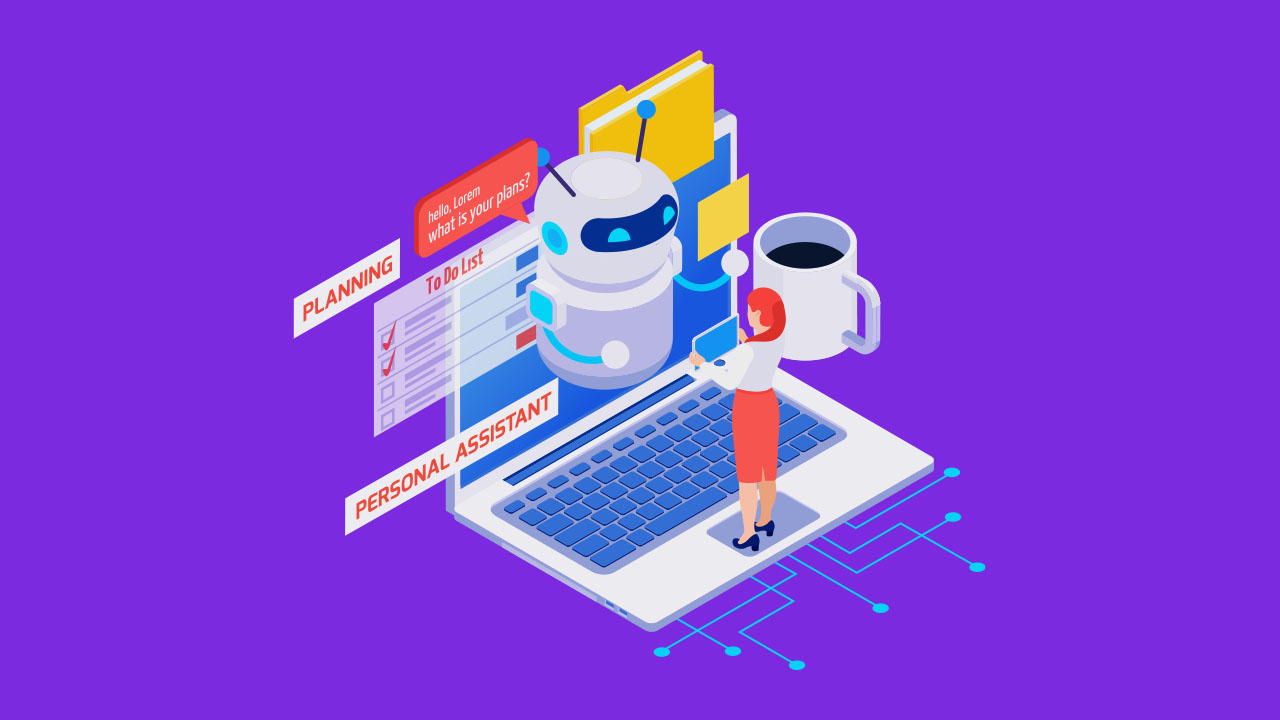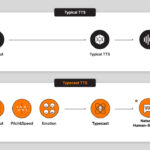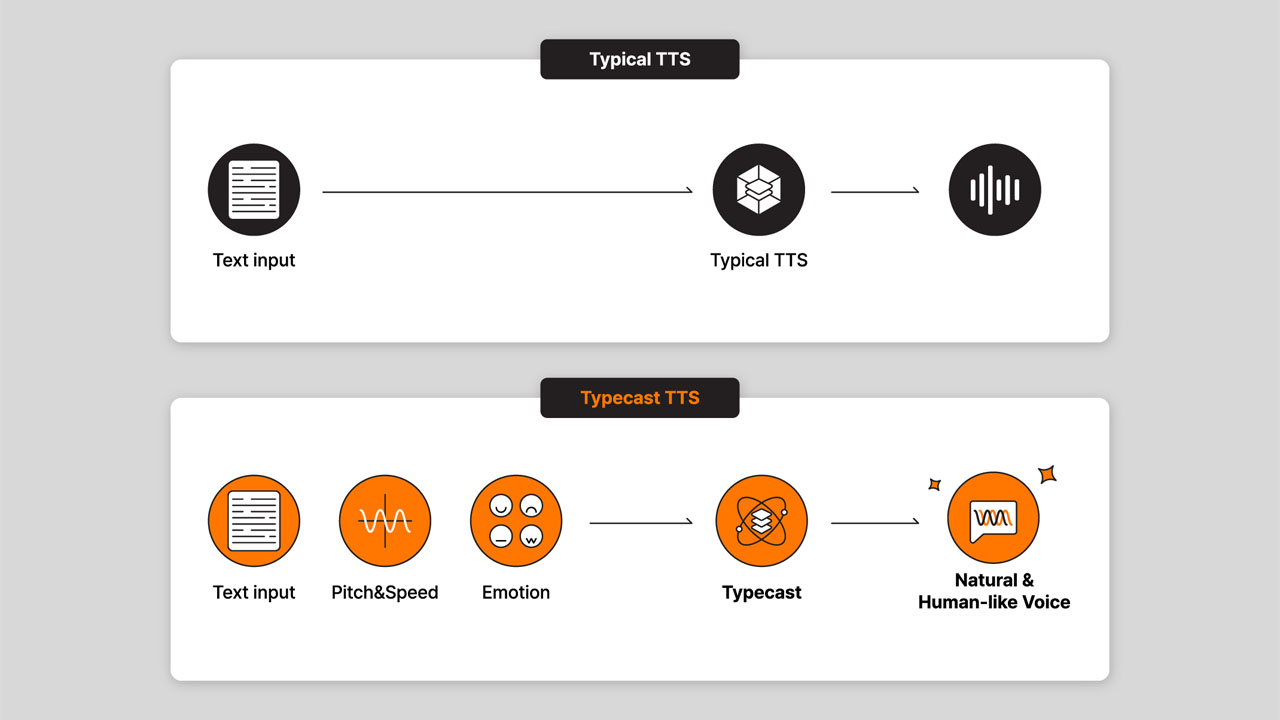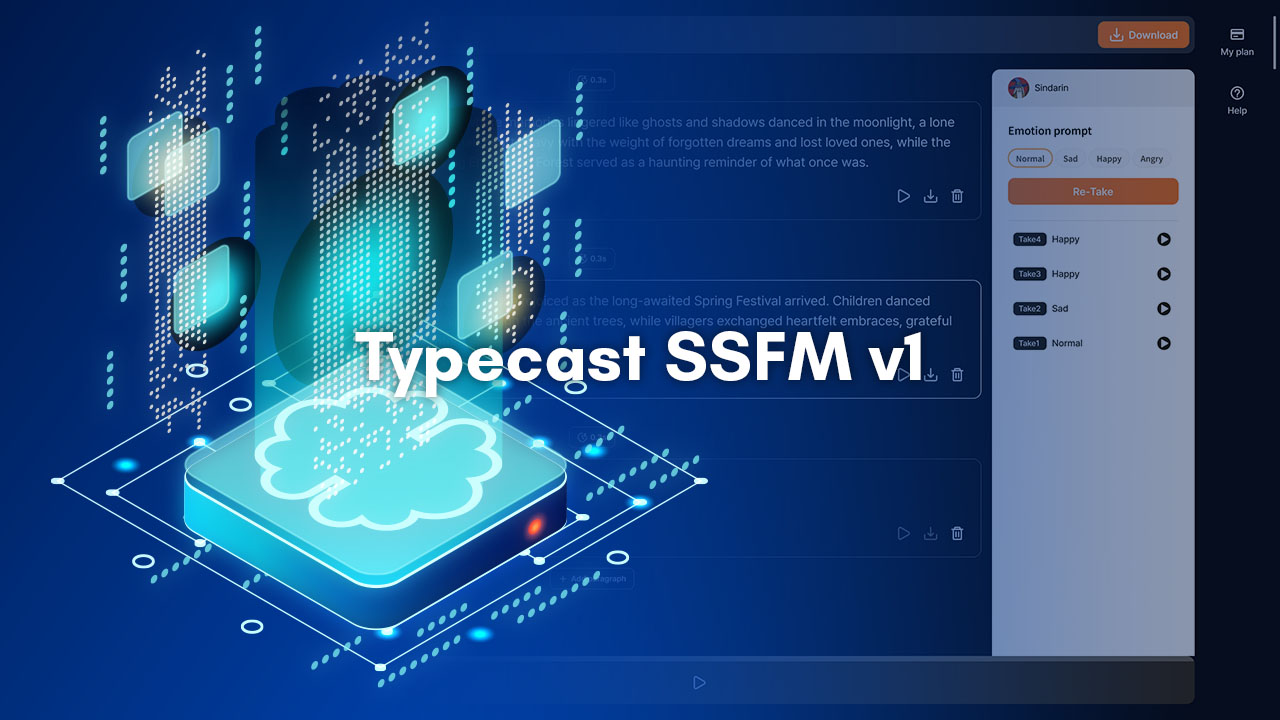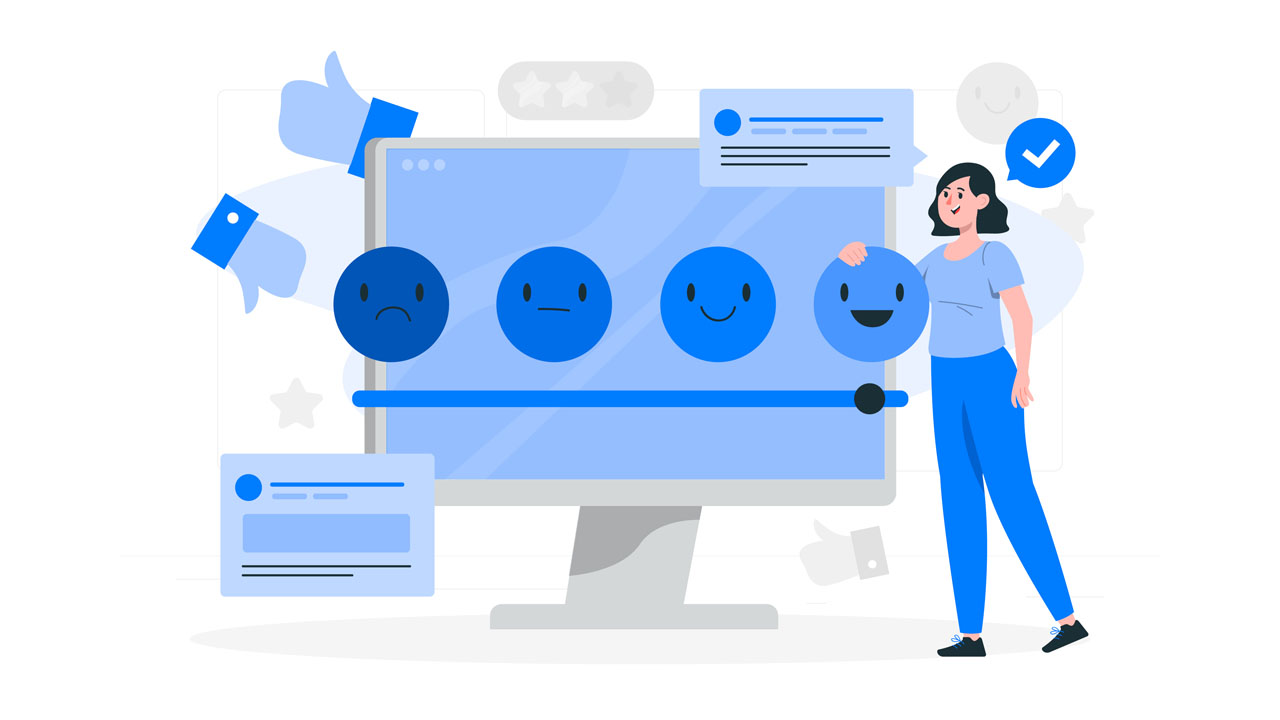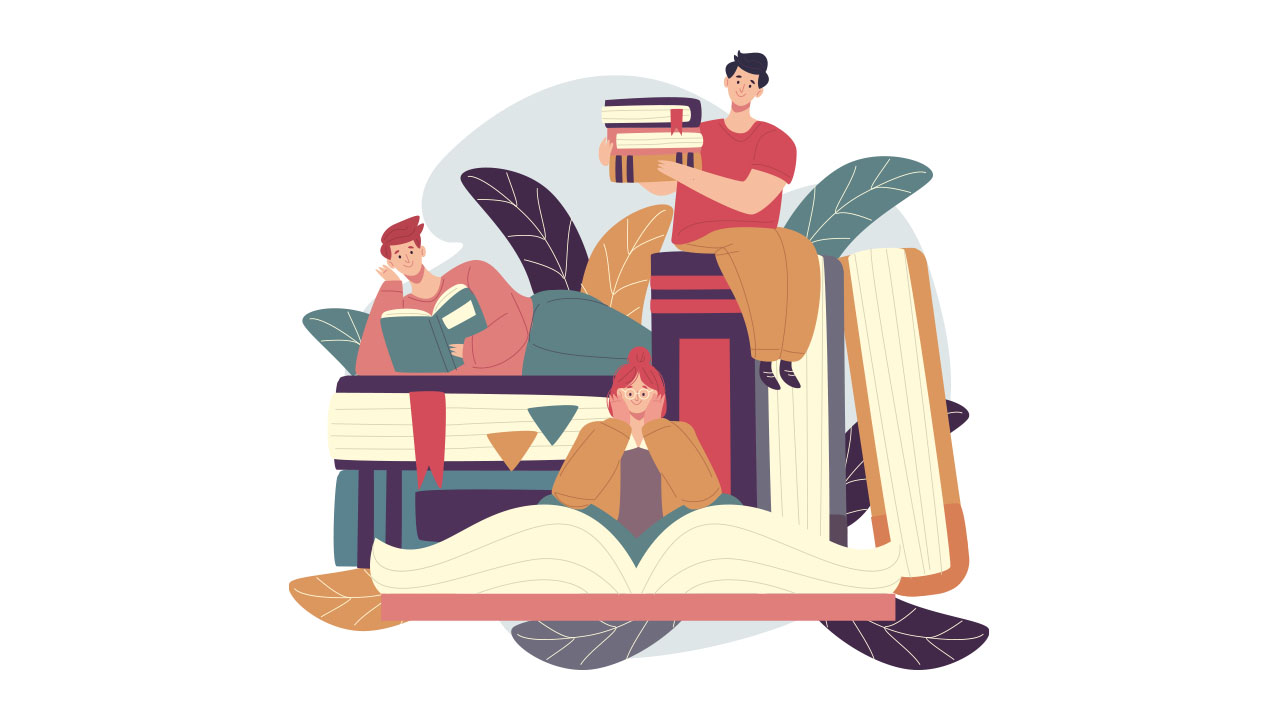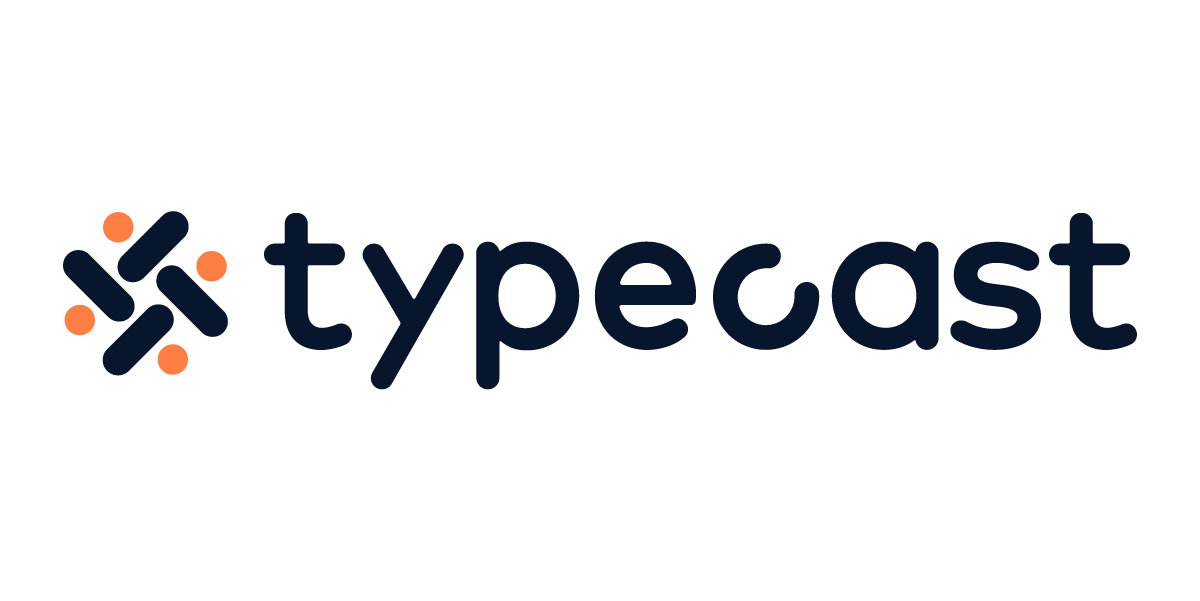As science fiction has predicted, AI has become more integral to our everyday lives. We use them as smart virtual assistants, computer systems managers, and more. The artificial intelligence vs. human intelligence debate has come to a head. On one side of the argument are those who claim machines will eventually surpass humans in cognitive abilities because of our slow biological evolution.
On the other side are those who focus on our cognitive capabilities and how useful AI can be in the creative process. Artificial intelligence is meant to emulate human intelligence but relies on algorithms and training data instead of human experience and historical data to make decisions. Although AI can process vast amounts of information quickly and accurately, there are still several areas where AI needs to improve. This article will explore human abilities and AI to better understand their differences.
Artificial Intelligence vs. Human Intelligence: Will it Replace Us?
People are concerned that AI could replace humans in the near future and their jobs aren’t safe. However, regarding artificial intelligence vs. human intelligence, AI doesn’t have the same understanding and intuition as humans. Humans can think conceptually and understand ideas in a way that AI cannot. We can also use our experience and knowledge of the human world to connect disparate information. AI still relies on data and algorithms to perform human-like actions, meaning it struggles with ambiguous or complex problems.
From a technological standpoint, artificial intelligence has made tremendous advances over recent years. Thanks to advancements in deep learning algorithms and machine learning techniques, AI can now act “human” in ways that were once thought impossible. For example, AI can recognize faces, navigate complex environments, build business plans, comprehend complex ideas, hold conversations, speed up cognitive functions, and respond to natural language queries.
How the human brain works and how AI tries to mimic human behavior
Genetics, upbringing, and exposure to different environments influence human intelligence and the conduct of our fellow human beings. Therefore, shaping one’s environment by using past experiences and applying new information is crucial.
AI-powered machines can provide information about a person with a similar skill set or background, diplomatic information that a locator or spy was assigned to gain, and details about interpersonal relationships and how the human brain consumes information. Full artificial intelligence, however, can only process available information and cannot make decisions based on its understanding.
Still, an AI system tries to mimic intelligent behavior by:
- Utilizing machine learning algorithms to identify patterns in data.
- Developing models that are based on the same objectives as humans.
- AI machines use neural networks to simulate human behavior.
- Use acquired knowledge to understand how people respond in certain situations.
Why human brains are better than AI systems
While it’s challenging to demonstrate how the human race is more capable than AI, human intelligence has certain advantages. Human intelligence refers to the ability to think, maintain self-awareness, reason, and problem-solve. It’s also used to make decisions based on values, ethical standards, common sense, and emotions.
The human brain’s potential makes us all creative problem solvers. We can think abstractly and do complex tasks intuitively, creating solutions that aren’t immediately obvious. We can recognize and take advantage of opportunities that may not be available to AI systems.
Moreover, humans have the capacity for empathy and emotion during social interaction – something AI systems are incapable of right now. As emotional creatures, we can understand the feelings of another human being, which is crucial for navigating interpersonal relationships and building trust.
Do AI systems possess the capacity for creativity?
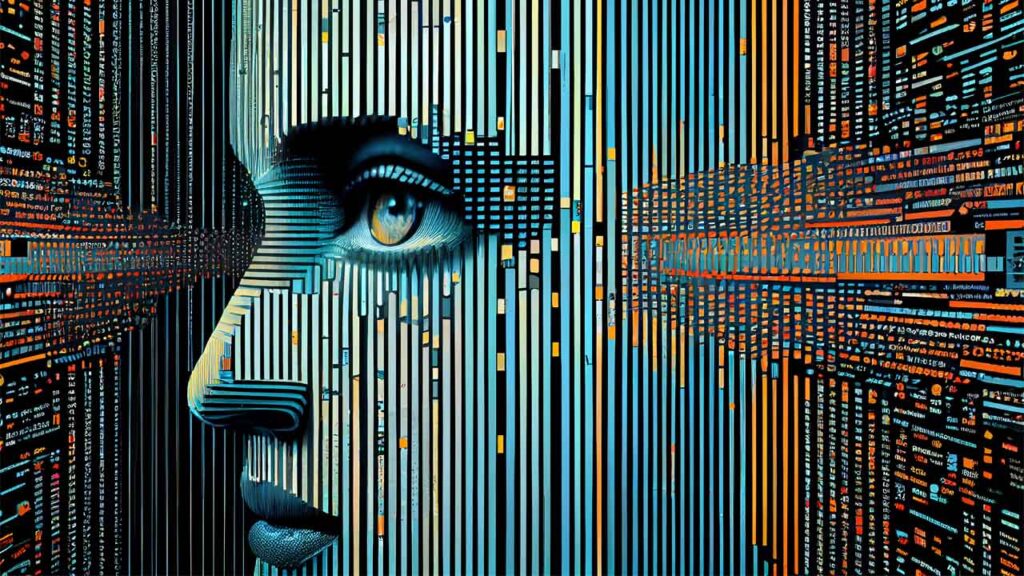
Arguably, AI cannot think abstractly and take creative approaches to problem-solving, but both human and artificial intelligence can solve complex problems. They lack the emotional intelligence of the human intellect. The ability to recognize, understand and respond to emotions is something that only humans possess. AI can do specific tasks faster or more accurately. However, this doesn’t mean that AI will soon replace humans in the workforce.
While machine intelligence can excel at pattern recognition, data science, complex data analysis, natural language processing, and cognitive science, it still lacks imagination. Although AI can learn from its mistakes through deep learning, it can’t understand and react to complex social situations. Therefore, AI won’t replace humans anytime soon in healthcare or in-person customer service jobs.
Why intelligent machines can be better than human beings
On the other hand, AI systems can be more reliable than humans in certain situations. Smart machines can solve mathematical problems in seconds and efficiently do other human-like tasks. The physical limitations of being human are where intelligent machines excel. AI doesn’t experience fatigue or lack of motivation; they can work nonstop without breaks. AI systems can also quickly process vast amounts of data in image processing and data mining, which humans must practice to achieve proficiency.
In addition, Artificial Intelligence systems aren’t subject to emotional bias like the human thought process; they can make decisions objectively without personal preferences. This may benefit human intervention in certain situations, such as for human error when making medical diagnoses or evaluating legal information. In addition, we can train AI systems to respond differently in specific scenarios. AI systems can quickly adapt to environmental changes and adjust their behavior accordingly.
Why AI could be bad for creativity
Although AI is great for precise tasks that require accuracy, it lacks creativity because it lacks imagination and is designed to follow instructions to achieve specific goals. AI can’t be creative because it focuses on achieving the results you want and doesn’t excel at deviating from its instructions or generating unexpected solutions to problems. But, if you think about it, that’s the whole point of creativity.
AI is limited in its ability to approach a problem from different angles or generate unconventional solutions since it operates based on programmed instructions to achieve specific objectives. As such, its focus is narrow and directed, which precludes thinking creatively or outside the box. Therefore, AI and creativity are fundamentally distinct concepts. So you see, AI vs humans when creativity is involved doesn’t quite make sense and could be detrimental to overall human creativity.
If we rely on AI tools too much for our creative endeavors, our creativity will be stifled by the analytical lens of AI algorithms. In addition, creativity requires exploration, experimentation, and risk-taking – impossible qualities for AI systems to exhibit. As a result, our reliance on AI can decrease society’s creativity level.
Artificial intelligence vs. human intelligence: Can AI think like a human?
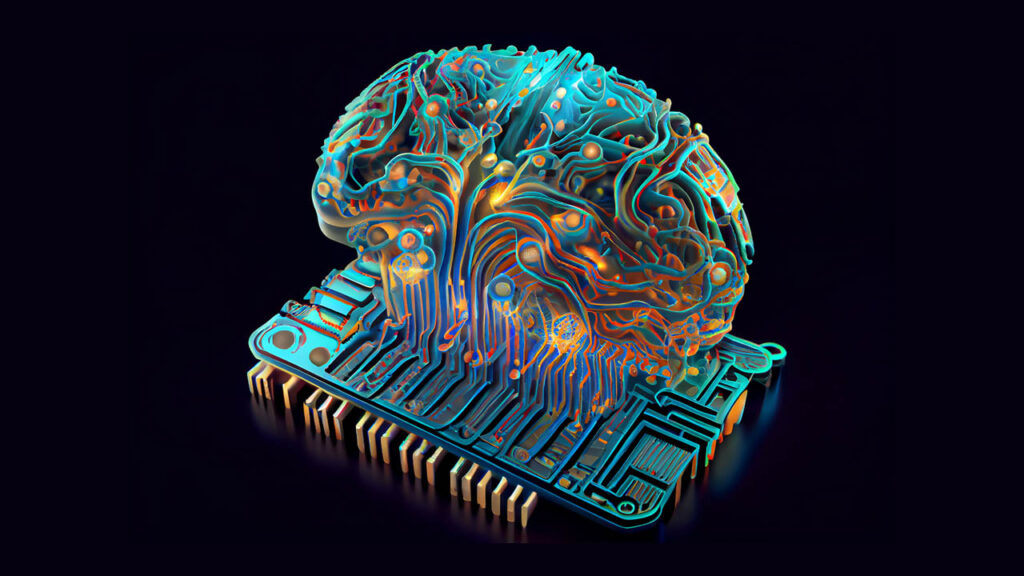
It’s important to remember that AI is a computer science tool humans designed for a purpose. While it can be helpful in creative tasks, AI isn’t a creative force. Moreover, we have to remember that AI is limited in its capacity to understand imagination. Nevertheless, advertising, marketing, and product design frequently incorporate artificial intelligence.
AI-generated ads are created by computer programs that follow specific instructions. Though AI can create art, AI-generated art is systematic and produced without human judgment or the touch of an artist’s unique perspective, often providing art with meaning and view. So, AI can be creative, but only in the sense that it can generate art from training data.
AI is a tool created to think like a human, but within a strict set of guidelines, it can’t make decisions outside its purview. Until we train AI to understand the nuances of the human condition and make it believe it’s human, it will remain a data-based tool. AI can catalyze the creative process and human-like actions, but it doesn’t replace our unique insight. To use AI to its fullest potential, we must understand its limits and recognize that its ability to think, act, and create is still far less advanced than the human mind.


